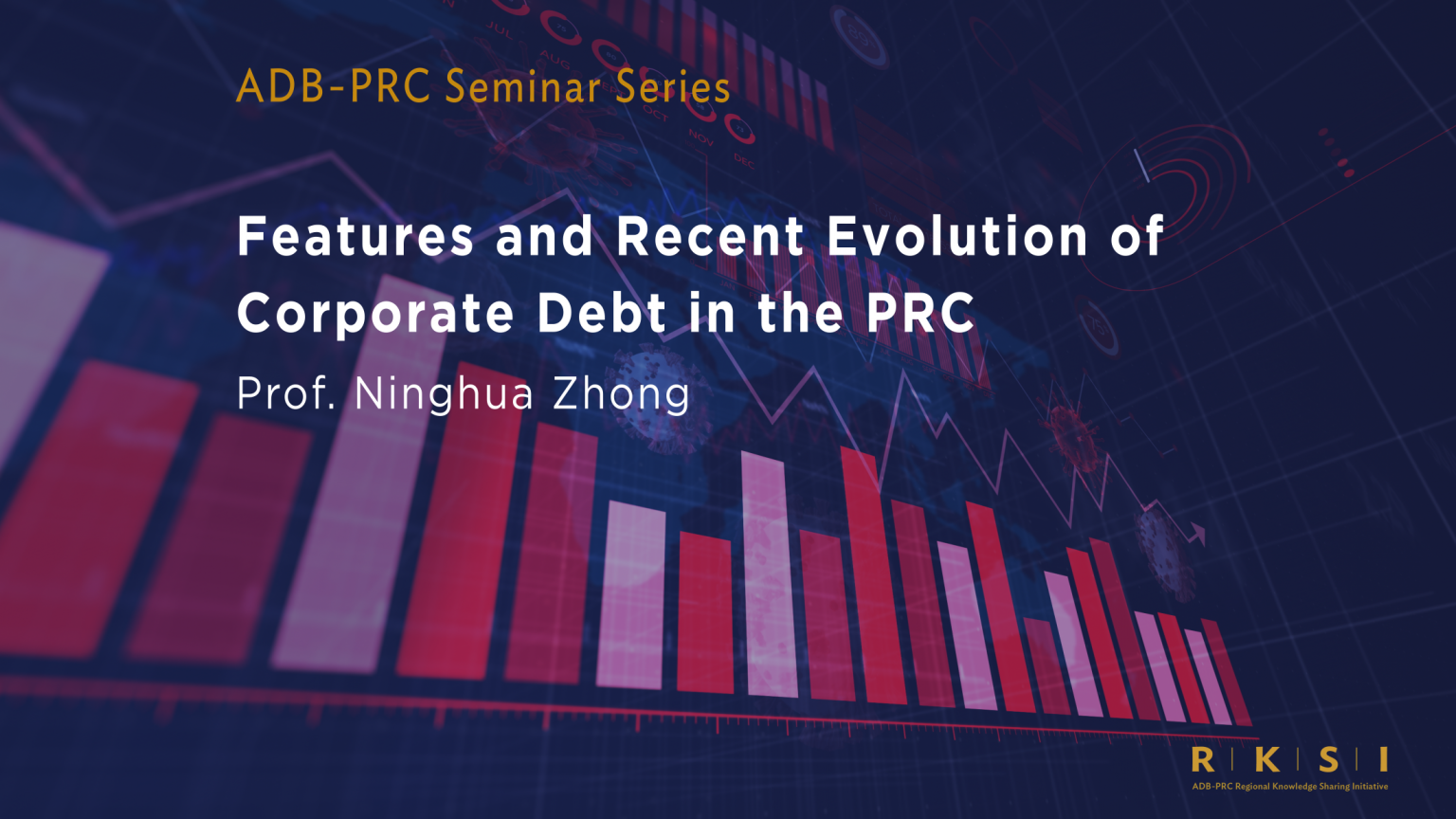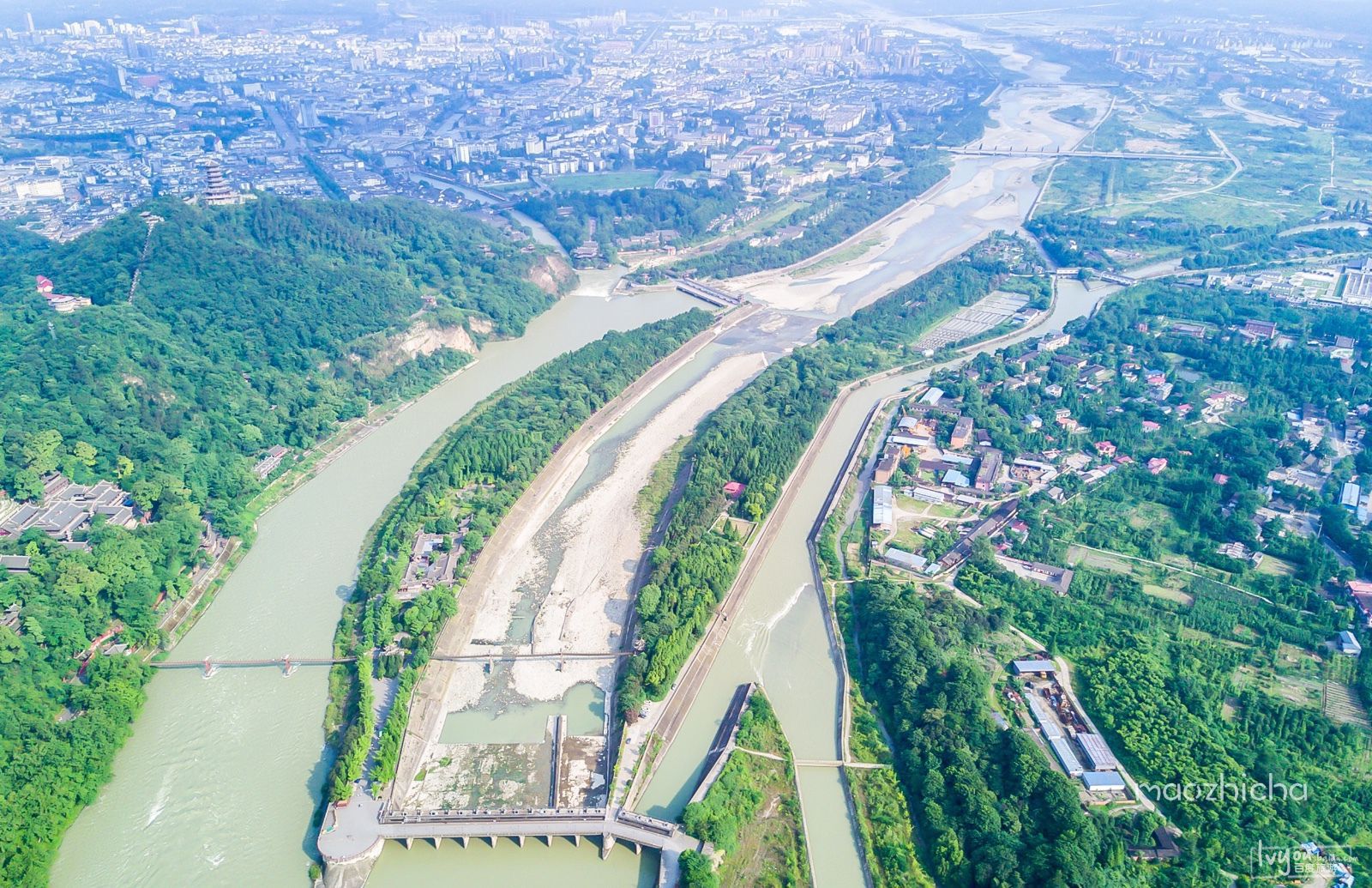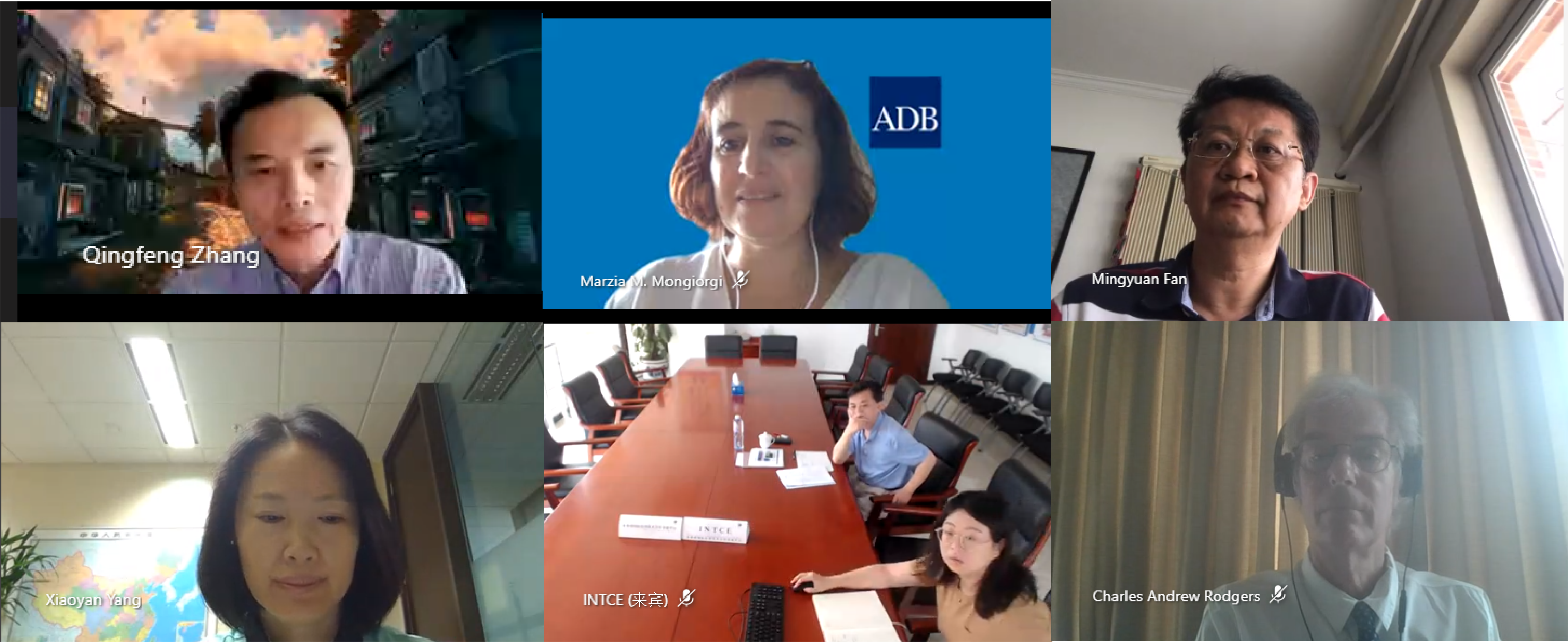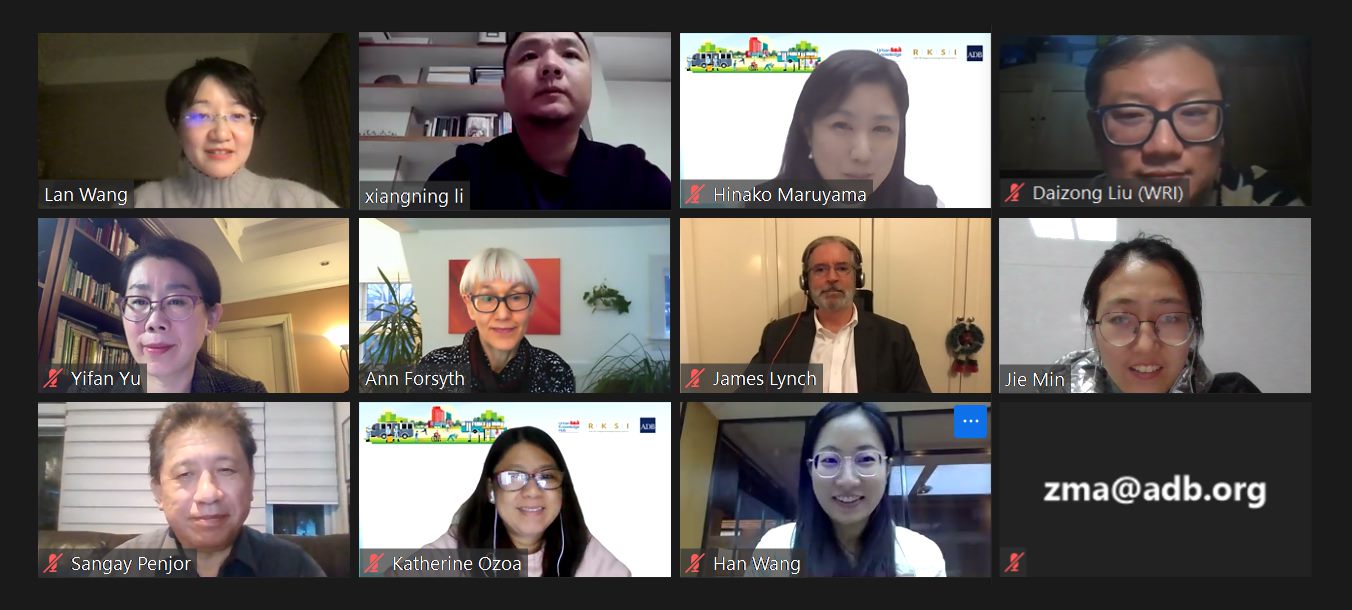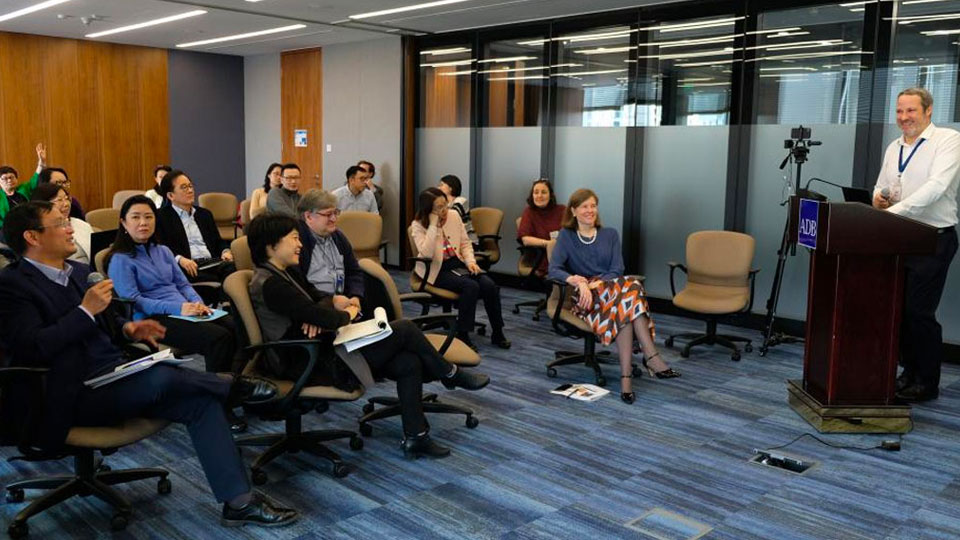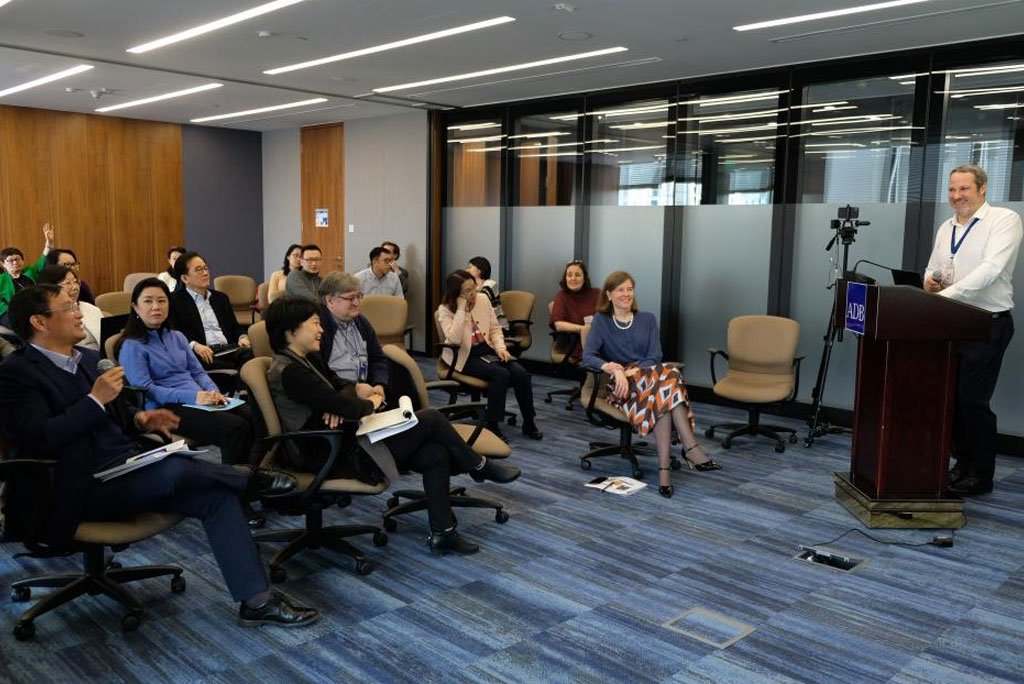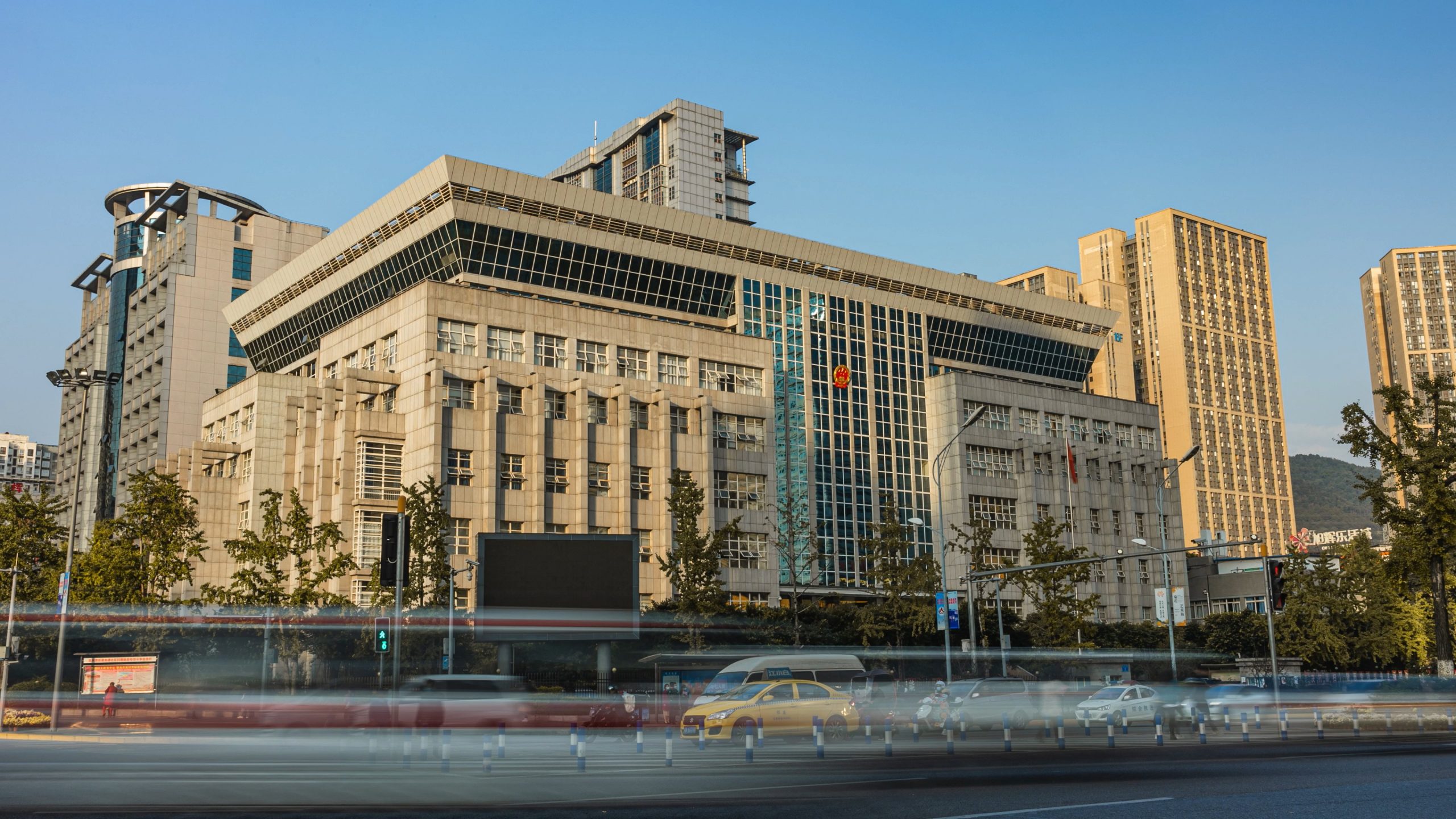
Under the High-Quality Growth agenda, the PRC seeks to rebalance its economy by addressing the negative side effects of a long period of unprecedented economic growth, and local governments will have a key role to play in the implementation of that agenda. At this webinar, Hans van Rijn, Principal Public Management Specialist, ADB, and Ehtisham Ahmad, Professor, London School of Economics will analyze some critical aspects of the fiscal and institutional environment in which local governments operate, and propose areas for strengthening local government finances. Special attention will be given to the policy implications of the 14th FYP and the post-COVID-19 recovery efforts.
How to Join
Register via Zoom.
| 8:45 – 9:00 | Opening |
| Yolanda Fernandez Lommen, Country Director, ADB PRC Resident Mission | |
| 9:00 – 9:10 | Welcome Remarks |
| M. Teresa Kho, Director General, East Asia Department (EARD), ADB | |
| 9:10 – 9:50 | Presentations |
| Hans van Rijn, Principal Public Management Specialist, Public Management, Financial Sector, and Regional Cooperation Division (EAPF), EARD, ADB | |
| Ehtisham Ahmad, Professor, Grantham Research Institute, London School of Economics | |
| 9: 50 – 10:05 | Discussants |
| Emma Fan, Director, Public Management, Financial Sector, and Regional Cooperation Division, EARD, ADB | |
| 10:05 – 10:25 | Summary / Discussions |
| 10: 25 – 10:30 | Closing |



